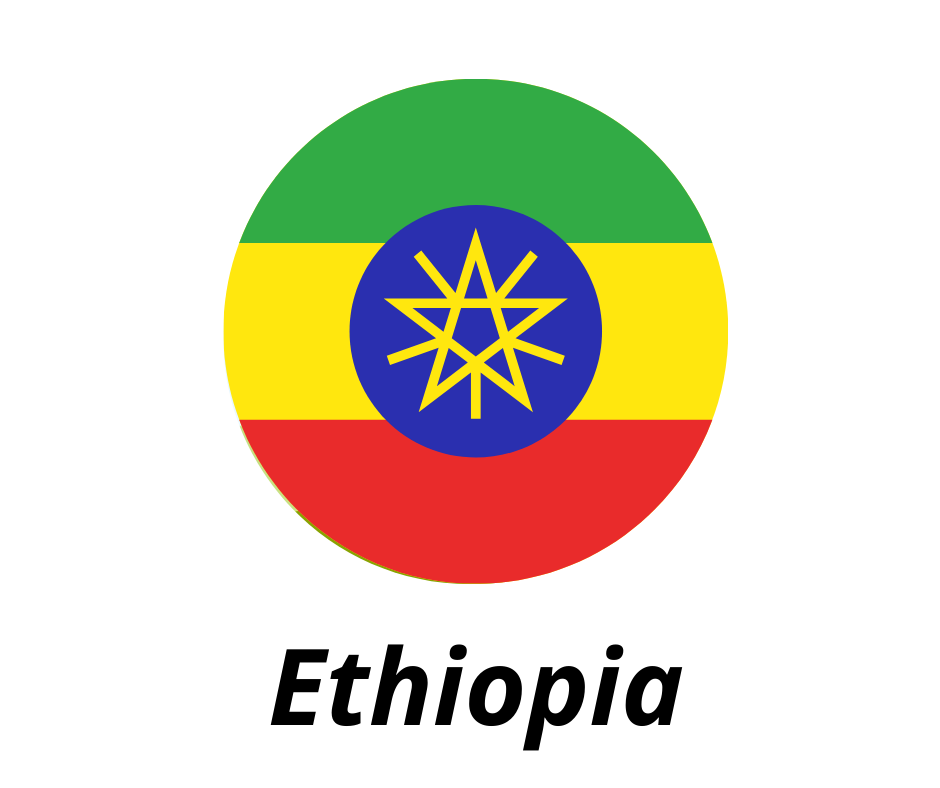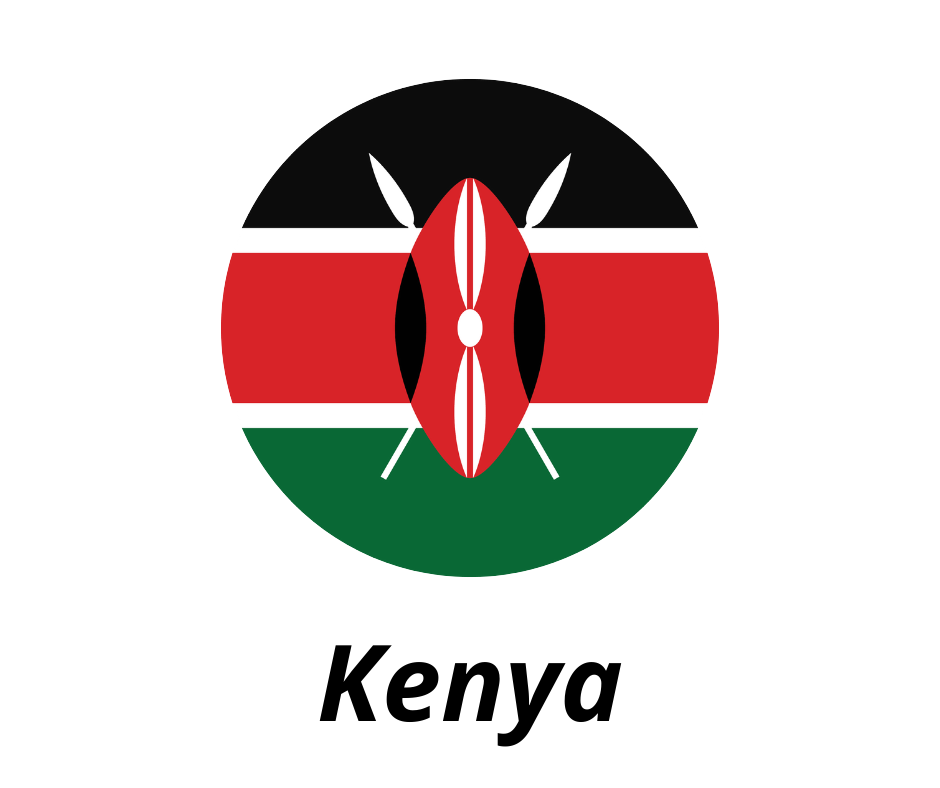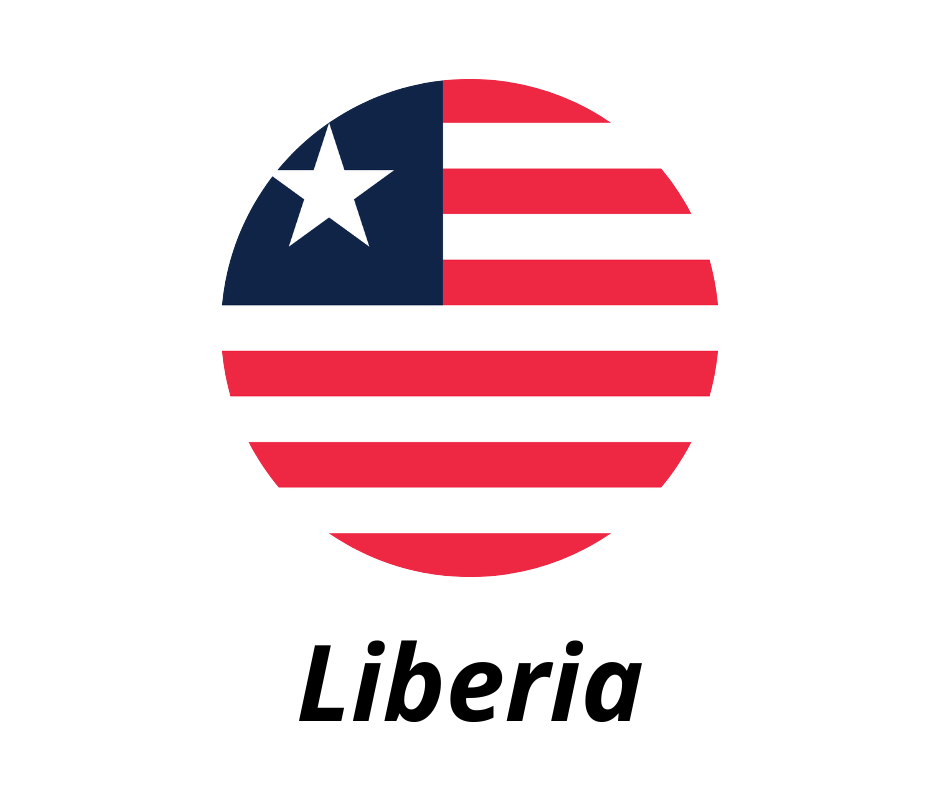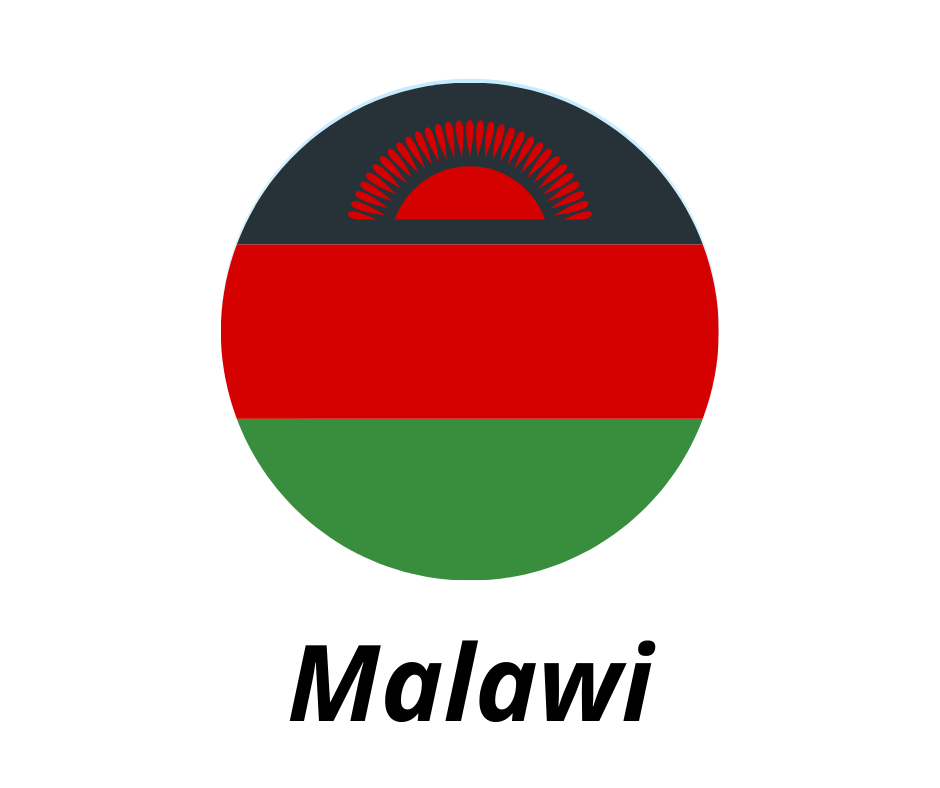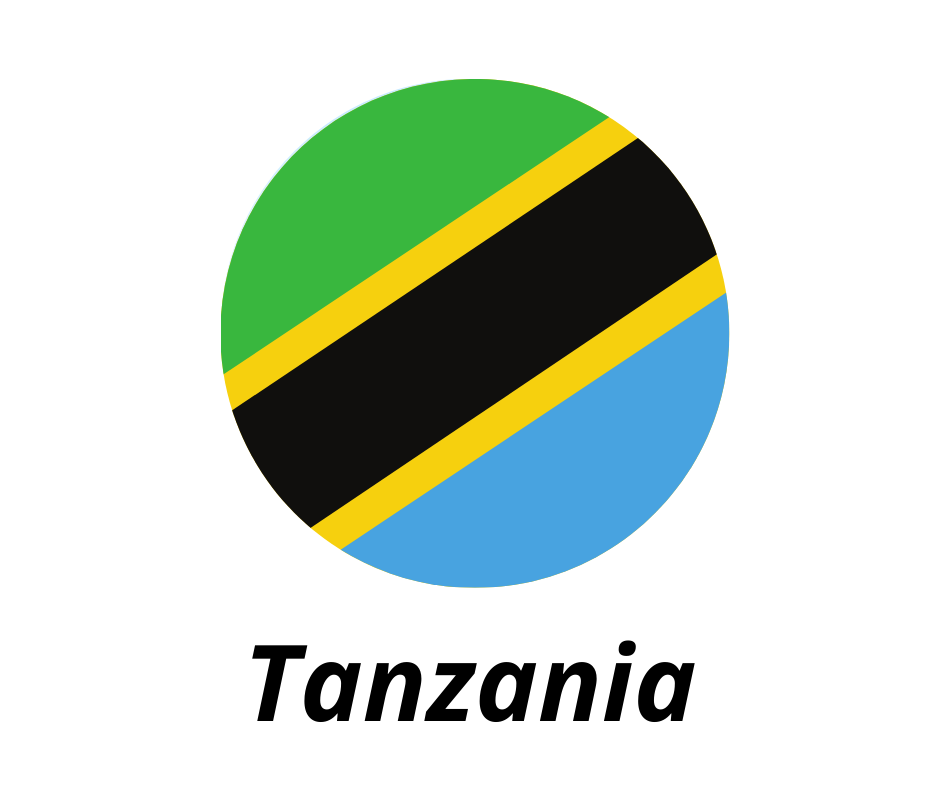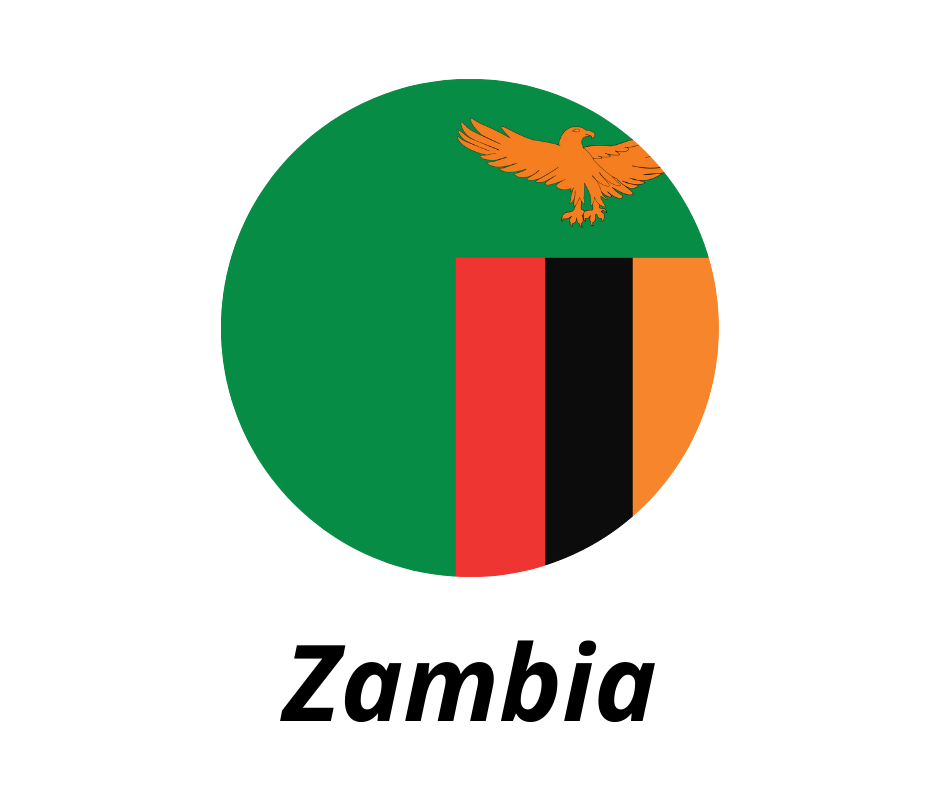Collaborative Advocacy Action Plan Initiative (CAAPs)
In 2022 PMNCH partners developed a revised approach to pursuing accountability for Women’s, Children’s, and Adolescents’ Health (WCAH) to unlock urgent progress towards the Sustainable Development Goals targets on WCAH, driven by the PMNCH 2021-2025 Results Framework. This revised approach aims to advance progress by harnessing partner efforts at country level more effectively and by deepening accountability of governments for WCAH commitments made in the context of national, regional and global pledging platforms. Under the approach, partners will also focus on identifying gaps and advocating for bold, ambitious, and new commitments, where these are needed (such as in the domain of adolescent well-being).
PMNCH subsequently established the Collaborative Advocacy Action Plan (CAAP) initiative to implement the revised approach to commitments and accountability. The aim of the CAAP initiative is to improve accountability for WCAH through the collaborative efforts of partners from diverse constituencies, acting together to create a more effective and coordinated advocacy effort for women, children, and adolescents. The process involves an initial inclusive, partner-led scoping and assessment of WCAH commitments in each participating country. Based on this evidence, partners then identify a set of advocacy actions to be undertaken collaboratively by WCAH stakeholders to improve the quality and implementation of existing WCAH commitments while responding to the need for new commitments where critical gaps exist. PMNCH envisages that CAAPs will add value to the efforts of partners through:
- Improved evidence on existing commitments and policy gaps at the country level
- More meaningful engagement of underrepresented constituencies in national policy processes through multistakeholder convenings, strengthened alignment and coordination among PMNCH partners and other WCAH actors
- Greater diversity of multi-stakeholder partners for increased alignment and providing a stronger platform for advocacy
- Enhanced visibility of national advocacy and accountability efforts for WCAH commitments and, ultimately, increased accountability to accelerate the implementation of WCAH commitments.
PMNCH facilitates the CAAP process through:
- Convening country stakeholders through the strengthening/developing a Multi-Stakeholder Platform (MSP) to advance agreed advocacy/accountability goals and priorities. This is complemented by the development of a PMNCH-supported national “Digital Advocacy Hub” through which partners can share ideas, resources, and information to enhance coordination and linkages between existing initiatives.
- Compile and disseminate information through a national scoping review of existing WCAH-related commitments relevant to national planning and programming, enabling gap areas to be identified for increased partner advocacy and engagement and assessing the implementation;
- Develop a country-specific Collaborative Advocacy Action Plan for joint partner action to improve the quality and implementation of WCAH commitments while mobilizing new or additional commitments to address gap areas.; and strengthen advocacy and accountability for commitments and their implementation
- Facilitate implementation and peer learning by sharing experiences and building on progress and successes.
To date, CAAPs have been initiated in 10 countries, and the process has been actively coordinated by a range of civil society partners:
- Ethiopia, Clinton Health Access Initiative
- Kenya, Health NGOs' Network (HENNET), with support from Aga Khan University (commitment scoping)
- Liberia, Public Health Initiative of Liberia
- Malawi, Amref Health Africa, Malawi
- Nigeria, Africa Health Budget Network
- Senegal, Amref Health Africa, Senegal
- Sierra Leone, Clinton Health Access Initiative
- South Africa, Clinton Health Access Initiative
- Tanzania, Clinton Health Access Initiative; Amref Health Africa, Tanzania (CAAP implementation coordination)
- Zambia, Amref Health Africa, Zambia
The CAAP initiative aims to strengthen synergies with other initiatives and platforms such as Every Woman Every Newborn Everywhere and Child Survival Action Initiative. Priorities identified by national partners also complement the high-level political advocacy of the Global Leaders Network for Women’s, Children’s, and Adolescent Health (GLN),
Figure 1: The 5 Step CAAP Process and Deliverables
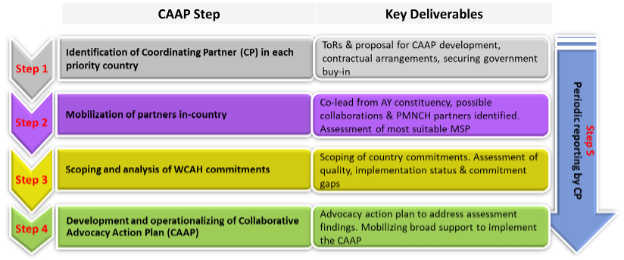
The CAAP initiative’s success depends on the collaborative efforts of partners. We invite you to join our efforts to accelerate progress for women, children, and adolescents!
Share your interest in joining the CAAP initiative with pmnch@who.org
CAAP Countries
Collaborative Advocacy Action Plan 2025 Highlights

Discover the key activities and milestones that shaped the progress of the Collaborative Advocacy Action Plan throughout 2025, highlighting how collective efforts translated into meaningful action and tangible impact.

.png?sfvrsn=6d0e27cd_1)




